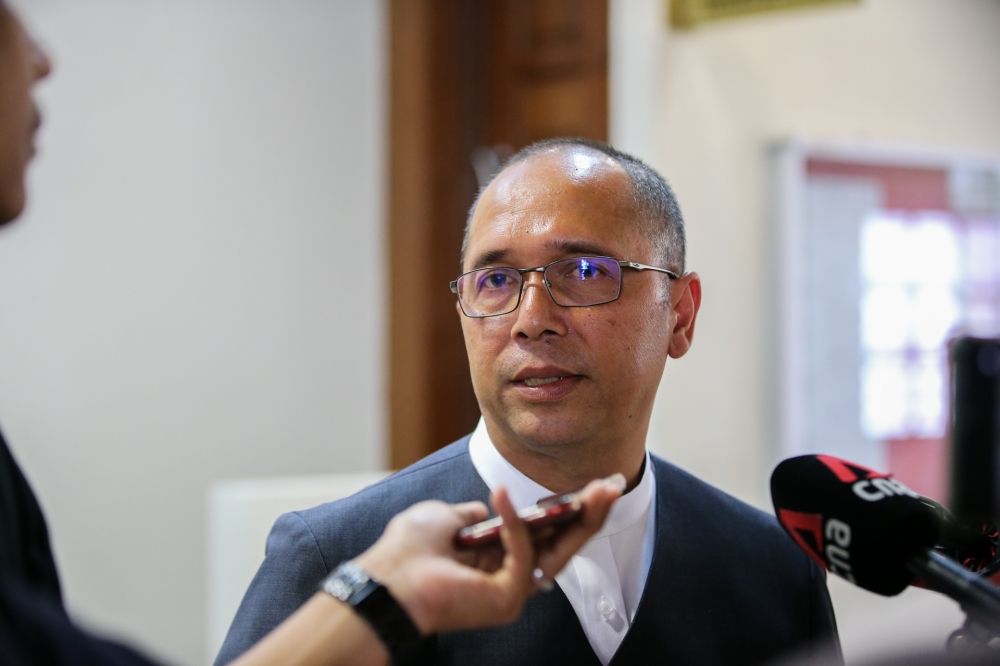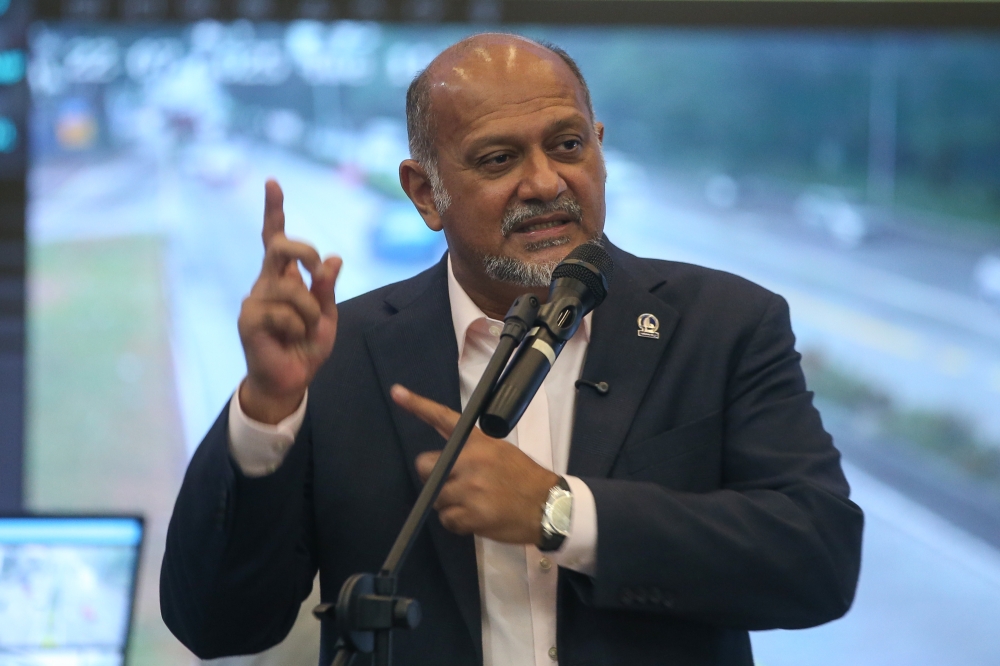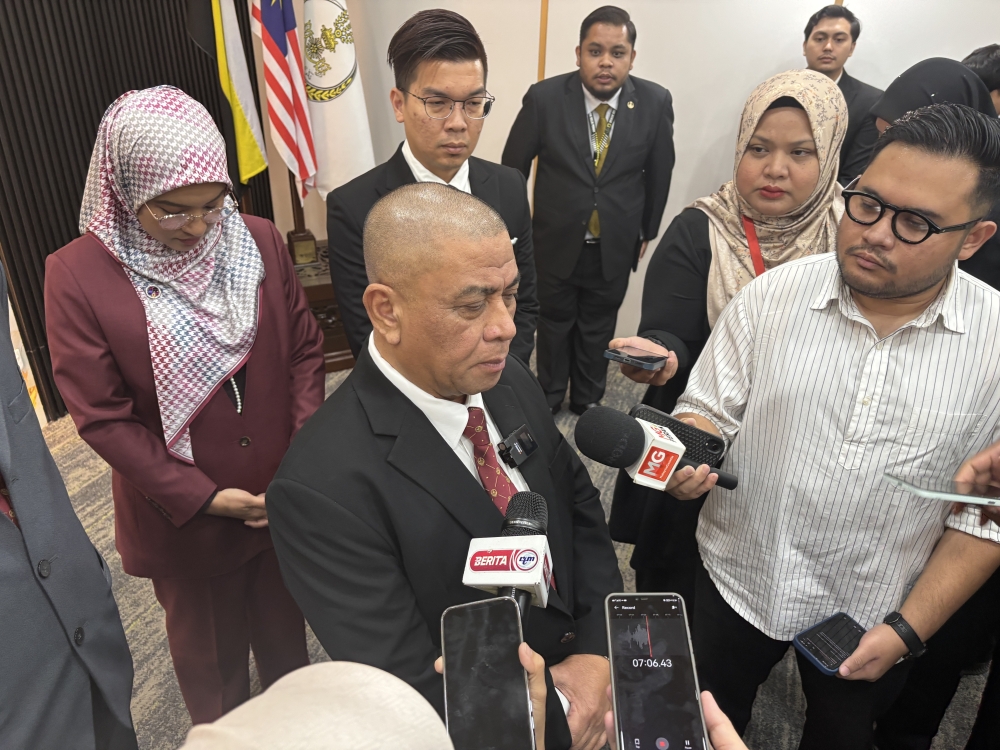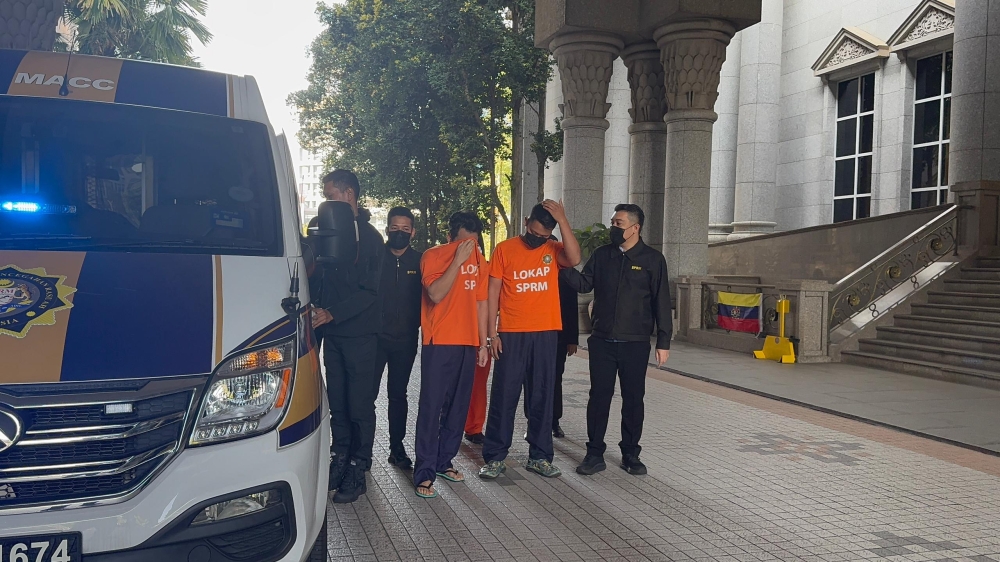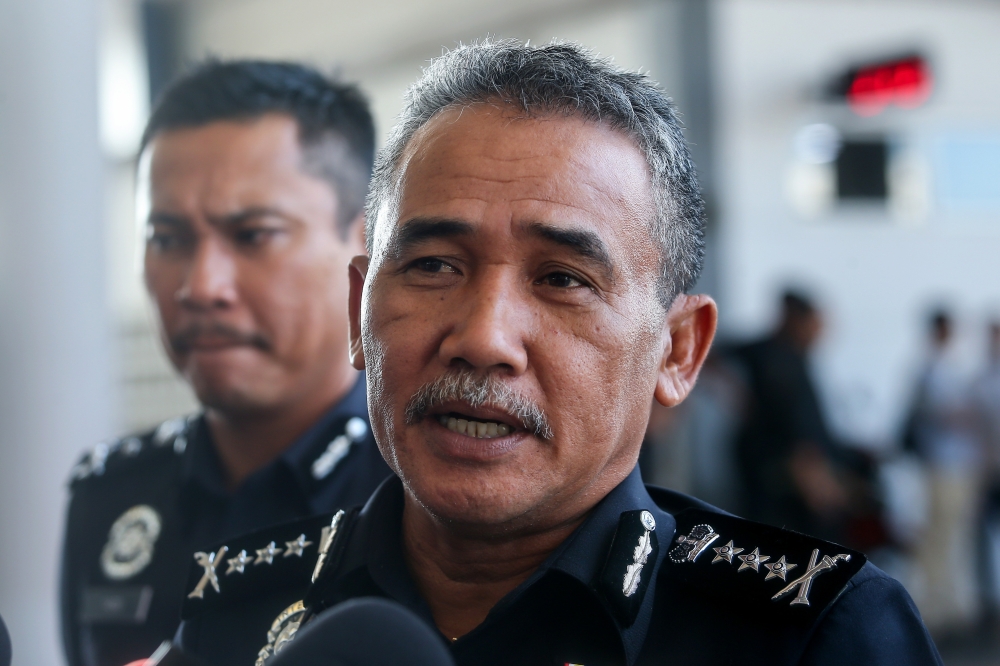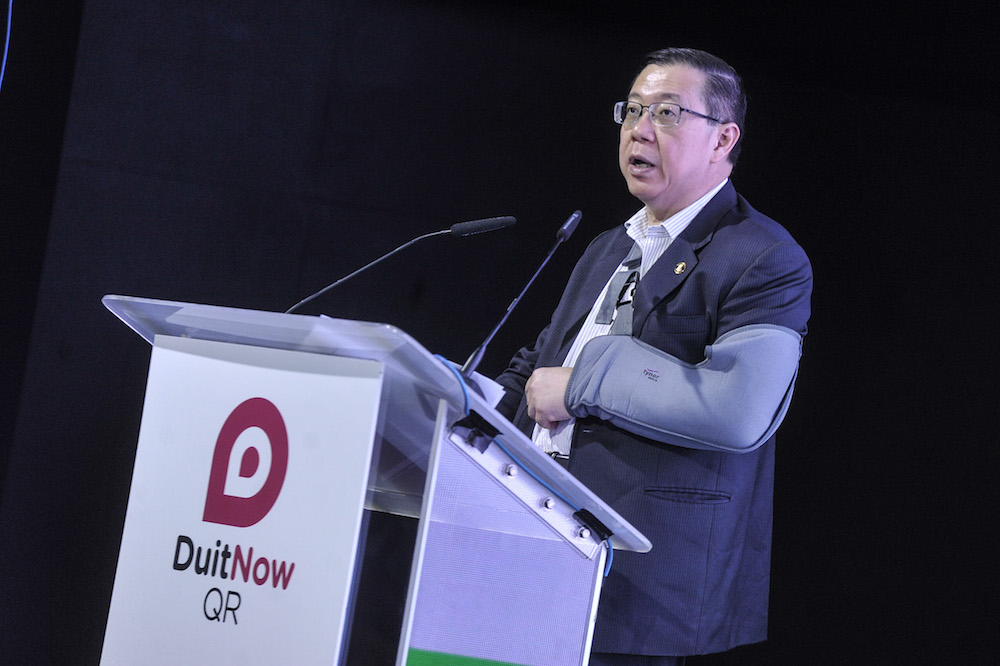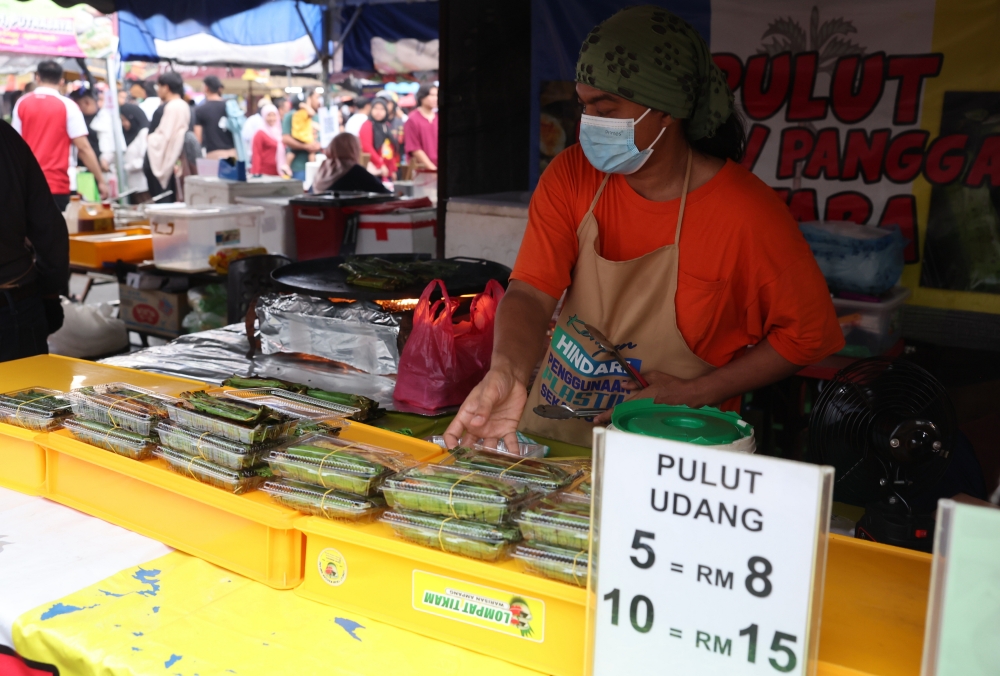CYBERJAYA, Jan 20 — Increasing financial literacy among Malaysians is necessary in order to promote widespread usage of e-payment systems or cashless solutions, said Finance Minister Lim Guan Eng.
Based on information from Bank Negara Malaysia (BNM) he said one in three Malaysians consider themselves as having low financial knowledge, particularly among low-income households.
“This is where the public sector will primarily need to step up. Low financial literacy has far-reaching consequences,” Lim said during the launch of PayNet Malaysia Sdn Bhd’s Cashless Ecosystem for Cyberjaya with the National QR, at RekaScape.
Such consequences include susceptibility to financial scams, identity theft, and pyramid schemes.
“Literacy in e-payments is an important component, given its obvious benefits in financial management.
“I am encouraged by the planned engagements that PayNet and Cyberview intend to have with the community in Cyberjaya in this respect,” he said.
The minister also pointed out that promoting a cashless society is in line with the Pakatan Harapan government’s commitment to restoring the public’s trust by implementing institutional reforms and eradicating corruption.
“All transactions are recorded, leaving no room to accept or give bribes. E-payments are an important and secure means to ensure the correct parties have received our targeted subsidies without any unnecessary handling fees or commissions.
“Another important benefit of going cashless is to improve tax collection so that public infrastructure can be further improved,” Lim said.
Much remains to be done, as he said only five per cent of total daily payments in Malaysia are cashless, with fiat money still the preferred medium for small value purchases such as groceries, parking, and others.
“Two aspects need to be addressed for increased adoption, the first being that e-payment facilities must be widely available, safe, simple to use, and must be as convenient as cash.
“This is where having central payments infrastructure providers such as PayNet will address the enablement aspect to increase adoption. Making available shared infrastructures that are inclusive, such as banks and retail payment platforms, would contribute positively to this objective,” he said.
The second is the e-Tunai Rakyat initiative, which Lim has promoted by travelling to various locations in Malaysia to and encouraging the populace.
“There has been an encouraging response from the rakyat on this initiative. As of 9pm yesterday, a total of 2.9 million people have applied to participate, with 2.2 million approvals and a total of RM66 million disbursed to the rakyat.
“We are confident the public around the country is ready for greater adoption of cashless payment technologies. Besides increasing the adoption rate of cashless payments, the e-Tunai Rakyat initiative will also support Malaysia’s economic growth,” Lim said.
The launch of the Cashless Ecosystem marks a collaboration between the ministry’s MOF Incorporated’s Cyberview Sdn Bhd and PayNet, a BNM affiliate.
Under it, Cyberjaya will become the first Malaysian city to adopt a national QR code under BNM’s Interoperable Credit Transfer Framework, encouraging more businesses to adopt cashless solutions and further ease payment transactions for communities in Cyberjaya.




